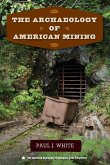
Broschiertes Buch
21. Januar 2020
University Press of Florida
| Gebundenes Buch | 83,99 € |
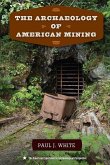
16,99 €
Versandfertig in über 4 Wochen
Broschiertes Buch
Tecniche Di Mindfulness Per Principianti
17. Dezember 2024
Amazon Digital Services LLC - Kdp
Ähnliche Artikel
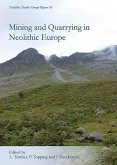
Broschiertes Buch
A Social Perspective
26. Juli 2019
Oxbow Books Limited
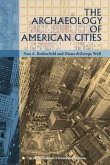

Broschiertes Buch
22. Mai 2018
University Press of Florida
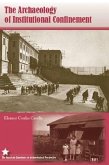
Broschiertes Buch
23. September 2007
University Press of Florida
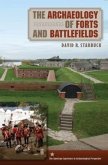
23,99 €
Versandfertig in über 4 Wochen
Broschiertes Buch
15. September 2012
University Press of Florida
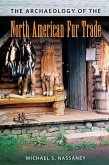
Broschiertes Buch
25. Juli 2017
University Press of Florida

Broschiertes Buch
21. Oktober 2007
University Press of Florida
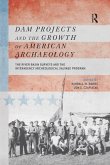
Broschiertes Buch
The River Basin Surveys and the Interagency Archeological Salvage Program
31. August 2015
Taylor & Francis
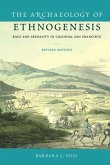
Broschiertes Buch
Race and Sexuality in Colonial San Francisco
Revised edition
31. März 2015
University Press of Florida
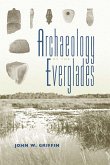
Ähnlichkeitssuche: Fact®Finder von OMIKRON
